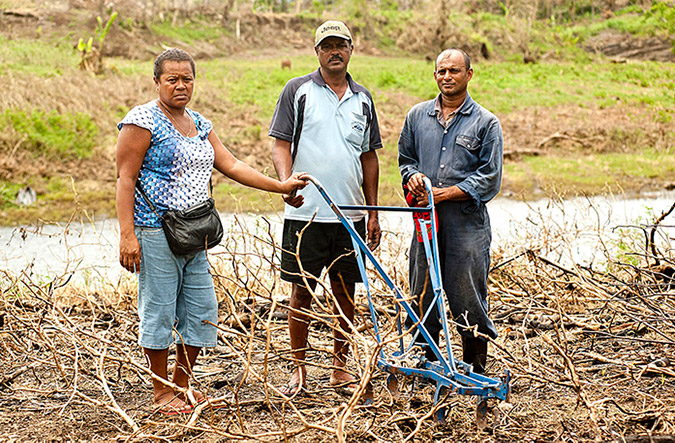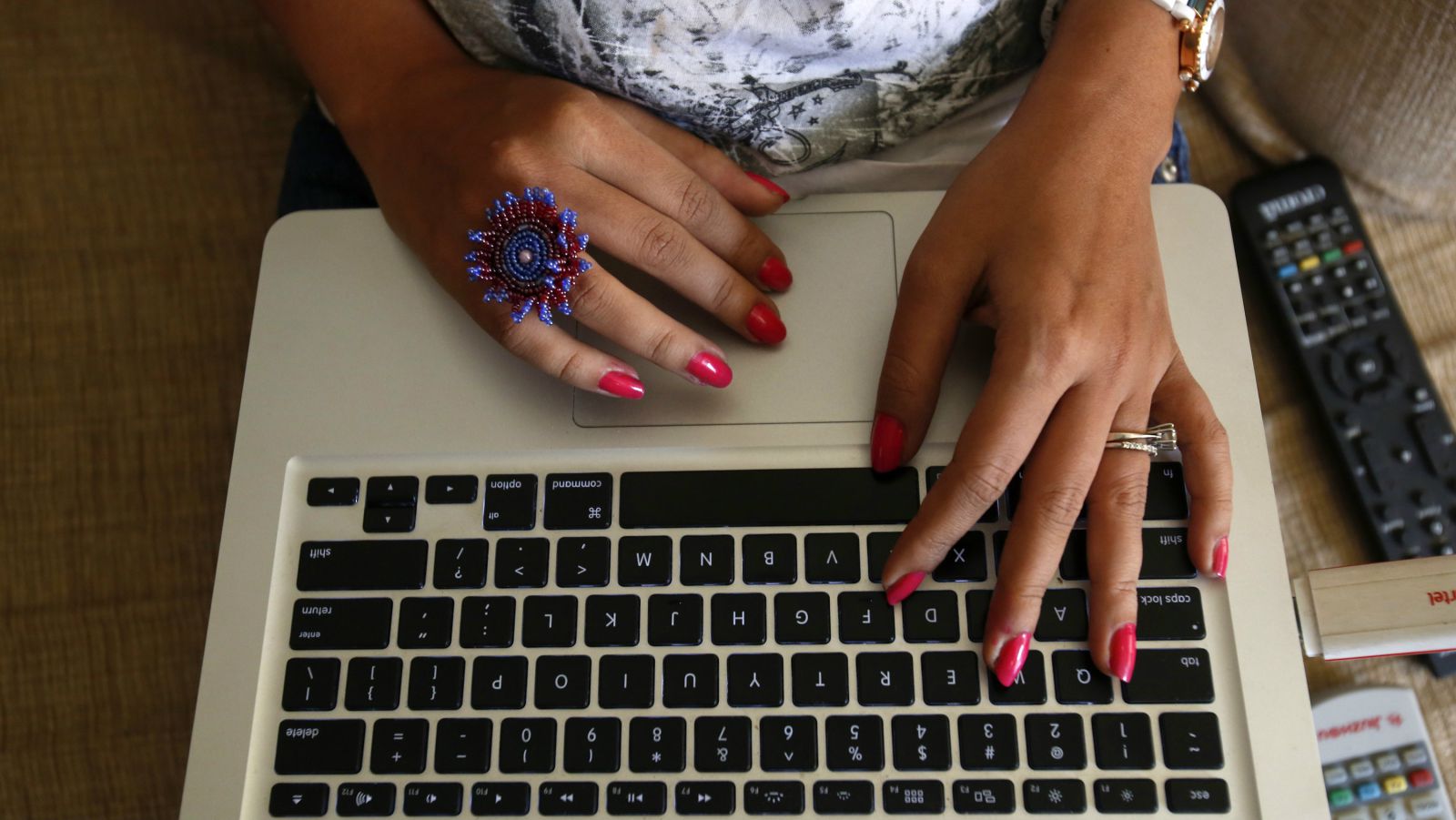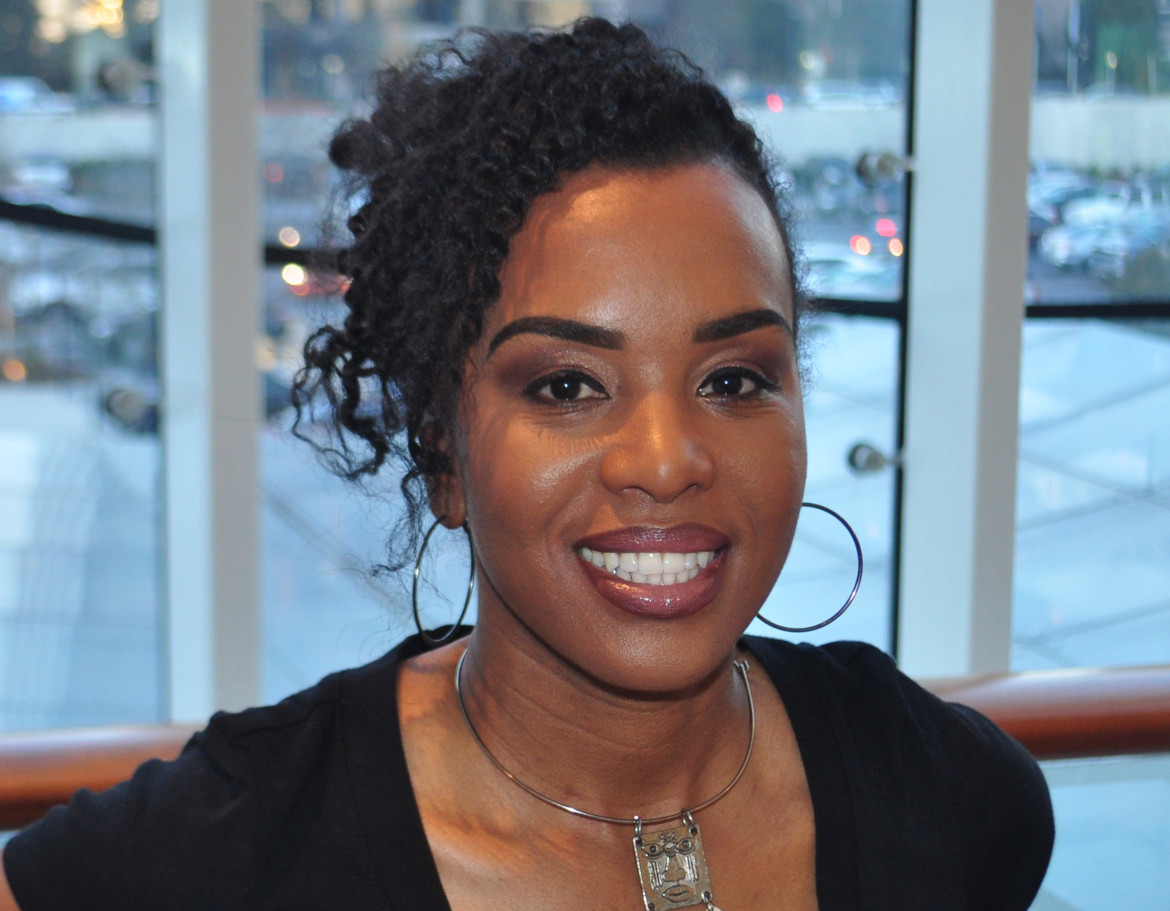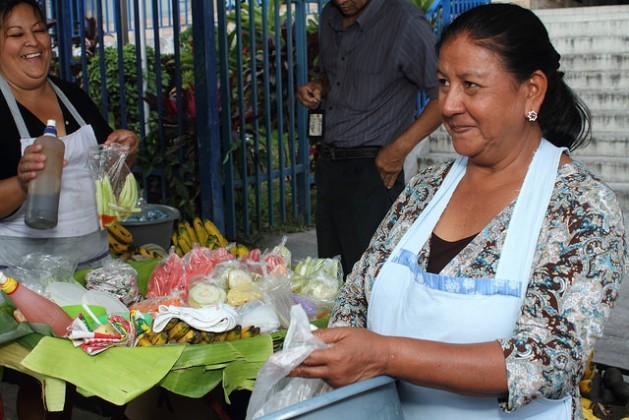Cyclone Winston earlier this year, the largest to ever make landfall in Fiji, tore through the country's food supply--affecting up to 100 percent of crops in the areas most heavily hit. The storm has had a ripple effect through Fiji's entire population, economy and agricultural sector.
UN Women’s Markets for Change project, part of of the Women’s Economic Empowerment program, provides people with the resources they need to help families and the economy thrive. Click through to learn more.
asiapacific.unwomen.org - Author: Ellie van Baaren
Before the cyclone Rakesh Prakash and his family relied on the income they received from the produce they harvested on their 10-acre farm in Toge, near Ba. Twice a week they would harvest 300-400kg of eggplant, chillies, cow peas and spinach and take it to the local market to sell to market vendors, who would then on-sell it to the public.
While Mr Prakash, his wife and parents hid under their bed, flooding caused by Tropical Cyclone Winston destroyed the majority of those crops. The loss has undermined not only his own family’s livelihood, but also that of the 15-20 market vendors and countless customers who relied on his produce each day.
Preliminary assessments carried out by the Government indicate show around $120.2 million of damage to the agricultural sector, the majority of which is damage to crops. Up to 100 per cent of crops in the most affected areas have been damaged. The ripple effects are reaching the entire length of the country’s food supply chain, and beyond.
Want to receive earlybird invitations to our global events, custom-tailored content we think you'll love, and get exclusive access to "The World Women Report"?




















